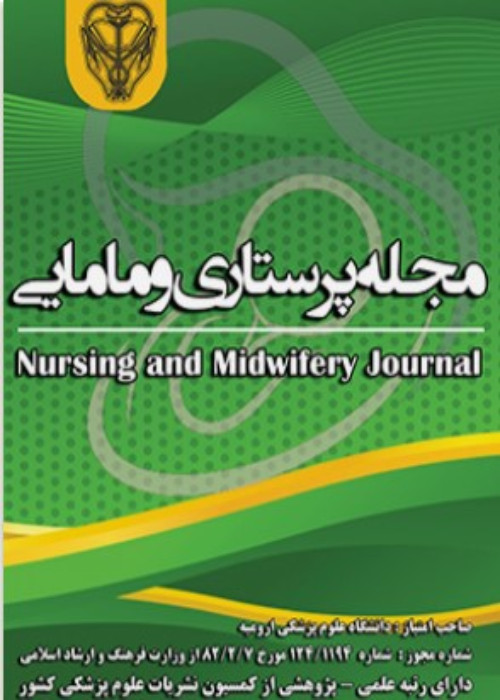SMARTPHONE ADDICTION AND ITS RELATIONSHIP WITH LONELINESS, FEAR OF MISSING OUT, AND ACADEMIC PERFORMANCE AMONG STUDENTS OF URMIA UNIVERSITY OF MEDICAL SCIENCES
Despite their widespread use among the general public, smartphones have adverse effects that lead to irreparable problems. The relationship between smartphone addiction with loneliness, fear of missing out (FOMO), and students' academic performance has always been the focus of studies. This study was conducted to determine the relationship between smartphone addiction, loneliness, FOMO, and academic performance among students of Urmia University of Medical Sciences in 2021-2022.
In this descriptive and correlational study, 230 students entered the study using stratified sampling. Inclusion criteria included being a student in one of the majors at Urmia University of Medical Sciences, owning smartphones, and willingness to participate in the study. Data were collected through Pham and Taylor Academic Performance Questionnaire, Russell Loneliness Questionnaire, Prezibelski fear of missing out Questionnaire, and Kwon Smartphone Addiction Questionnaire. Inferential statistical tests such as Chi-square, Pearson, and Spearman correlation coefficients were also used to analyze the data. A p-value less than 0.05 was considered significant.
The results showed that 100 (43.5%) students used smartphones for academic and educational use, and 130 (56.5%) students used them for non-academic purposes. The mean score for smartphone addiction and FOMO was moderate to high, and the mean score for the feeling of loneliness and students' academic performance was moderate. The correlation between smartphone addiction with loneliness and FOMO was significant and direct. However, smartphone addiction had a significant and inverse relationship with academic performance (p <0.05).
The relationship between smartphone addiction, loneliness, and FOMO was positive and significant, and the relationship between smartphone addiction and academic performance was negative and significant. Healthcare officials should decrease students' loneliness and FOMO and enhance their academic performance by adopting practical strategies to assist students in quitting smartphone addiction. Holding self-management skill training classes, keeping students on schedule, turning off smartphone notifications, encouraging students to engage in sports, and participating in group and family activities will help.
- حق عضویت دریافتی صرف حمایت از نشریات عضو و نگهداری، تکمیل و توسعه مگیران میشود.
- پرداخت حق اشتراک و دانلود مقالات اجازه بازنشر آن در سایر رسانههای چاپی و دیجیتال را به کاربر نمیدهد.


